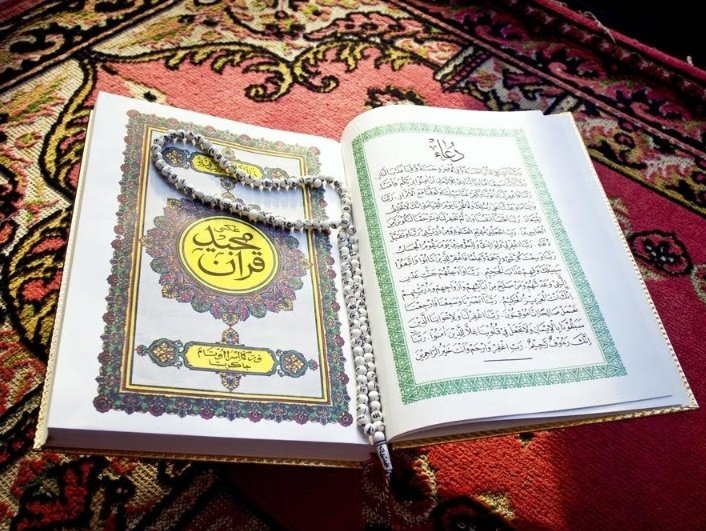Thinking of doing frequent threads on Ramadan and Islam once or twice a week for this month for anyone who is interested.
Since today is the first day of Ramadan in this part of the world, here is a background on why it is celebrated and what happens.
Since today is the first day of Ramadan in this part of the world, here is a background on why it is celebrated and what happens.
Ramadan is the 9th month of the Islamic calendar. It is important because it is in this month that the Prophet Mohammed received the first revelation of the Holy Quran as he meditated in the Cave of Hira outside Mecca, widely believed to be the 27th day of Ramadan.
Ramadan is a time for Muslims all over the world to renew their focus on spiritual life and its practical application in daily life. The first day of the month varies each year as the Islamic calendar follows the sightings of the moons.
With technology, it is much easier to predict when we should see the moon but the moon sighting is followed too. Each year, the month begins around 11 days earlier than the last. Most countries have a Hilal Committee (we do in Fiji via the Fiji Muslim League) with scholars...
... and religious leaders who are responsible for declaring festivals linked to the sighting of the moon. The sighting, verification of the news and announcement have it& #39;s own protocols and the people who do pas the news must fulfill certain criterias.
There are 5 pillars of Islam and fasting is one. During Ramadan Muslims abstain from food and drink during daylight hours. Sun up and sunset play a huge roleas time indicators. The day starts with suhoor (sehri in Fiji) where Muslims finish eating before daybreak (sun up).
Because we can now predict the time for when the sun shows its first light and when the sun sets, all over the world timetables are given out in mosques or centers that Muslims can obtain to time their fasts.
Fasting times vary around the world.
Fasting times vary around the world.
Muslims in Fiji will approximately go without food and water for approximately 13 hours. When I was in Morocco we used to go for 15 hours. In parts of Russia, because sunlight is so scarce, Muslims have fasted for 18-20 hours.
Different times of the year gives different fasting times and lengths in different regions and places.
During the day Muslims are encouraged to engage in charity and devote extra time and attention to spiritual activities, such as praying and reading the Quran.
During the day Muslims are encouraged to engage in charity and devote extra time and attention to spiritual activities, such as praying and reading the Quran.
Muslims are encouraged to go about their day as any other normal day. One of the objectives of fasting is to instill patience in a person. To be conscious of the pious journey that you undertake and be aware of what you see, hear, say and do with the hope that these habits...
... learnt over 30 days will be put into practice in your life for the next 11 months. Fasting is also to correct your habits that you have slipped up on in the past 11 months. The month is also a time for Muslims around the world to feel the plight of how those who are...
... unfortunate and cannot have 3 proper meals a day feel like. This helps a Muslim realize the importance of the 4th pillar of Islam which is the giving of alms to the poor (the 3rd being fasting).
The fast is broken with an evening meal, called iftar, once the sun goes down.
The fast is broken with an evening meal, called iftar, once the sun goes down.
Iftar is often a family or community event; it is commonly eaten at long tables set up in mosques, community centers, or outdoors. In Fiji, in past years, people have hosted evening events at their homes, centers or mosques inviting families and friends to have a meal together.
Because fasting during Ramadan is physically taxing, exemptions are made for young children, the elderly, pregnant women, and people with health conditions.

 Read on Twitter
Read on Twitter


